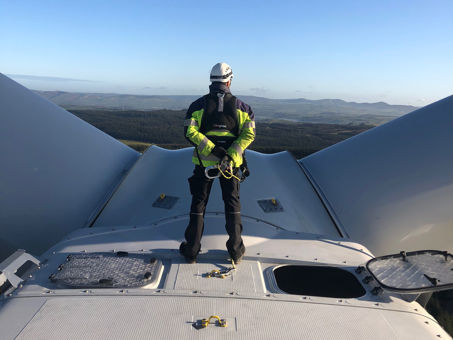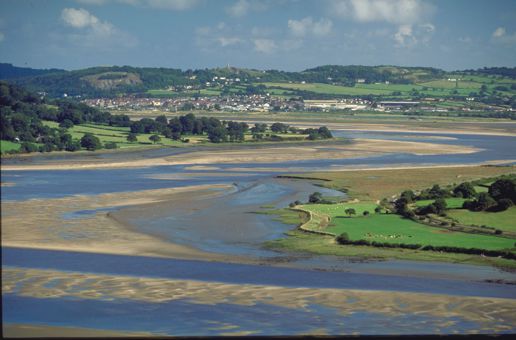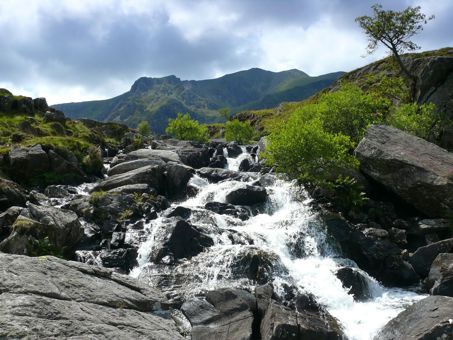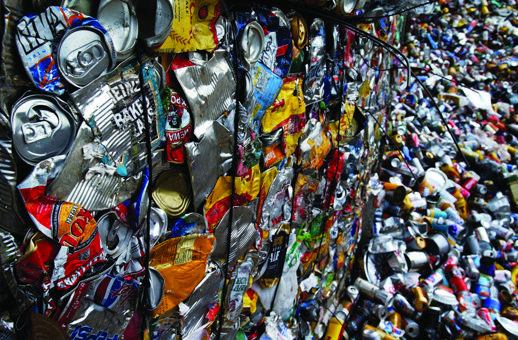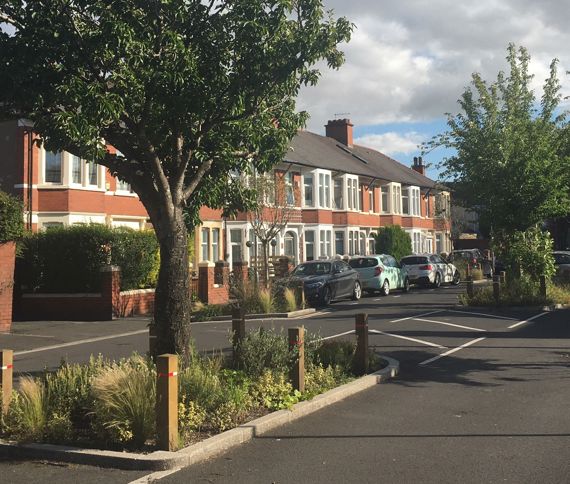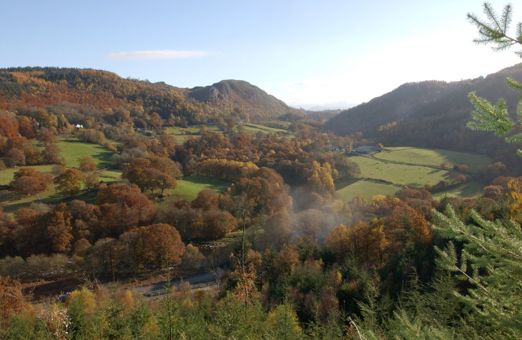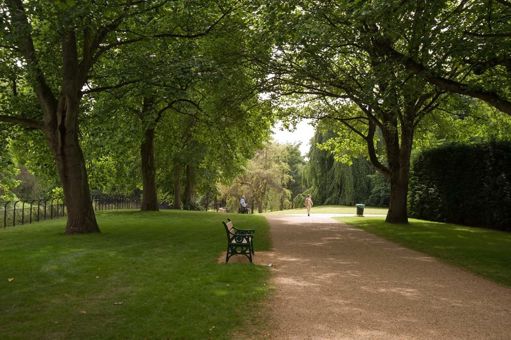Area Statements and Designated Landscapes
We want to hear from you
We are keen to hear your thoughts and ideas about how Designated Landscapes can contribute to the Area Statements process.
Please contact us if you are interested in sharing your views, for instance regarding excellence in sustainable management, developing common learning agendas and communicating more widely. You can reach us at EPP.Planning@cyfoethnaturiolcymru.gov.uk
We will aim to get back to you within 10 working days.

Designated Landscapes and Area Statements
Designated Landscapes, consisting of National Parks and Areas of Outstanding Natural Beauty (AONBs), cover approximately 25% of Wales. Although National Parks and AONBs have different statutory purposes, together they seek to:
- conserve and enhance natural beauty, wildlife and cultural heritage
- promote opportunities for the understanding and enjoyment of their special qualities
Each Designated Landscape has a statutory duty to produce a management plan every five years which, under the Environment (Wales) Act 2016, must consider Area Statements.
This page is intended as an introduction to the Area Statements process, together with the associated challenges, opportunities and emerging ‘themes’, and how that relates to Designated Landscapes. As these themes are developed collaboratively, Natural Resources Wales (NRW) will be aligning our work – together with mechanisms such as grant funding – to their delivery.
The Welsh Government foresees Designated Landscapes as becoming exemplars of the sustainable management of natural resources, with the potential for playing an active role in the administration of Wales’ future Sustainable Farming Scheme and other land management support.
Collaborative work
The Area Statements process involves engaging with a broad range of stakeholders. Some of these will come from wider geographical spheres, or new communities of interest.
As the Area Statements develop, we aim to facilitate new perspectives and ideas surrounding the sustainable management of natural resources. This is an ongoing process and we will be seeking to work closely with National Parks and AONBs in developing our collective responses to the Area Statement themes.
NRW has already staged several joint events with National Parks and AONBs to explore the links between Area Statements and management plans. These events highlighted not only the advantages of sharing data surrounding resilient ecosystems and the benefits they provide, but also the importance of management plans and Designated Landscapes as key delivery partners in the Area Statements process. We do, after all, share many of the same priorities such as reversing the decline in biodiversity, improving carbon sequestration and enhancing community well-being and opportunities for recreation.
We will continue working closely together to tackle the challenges and priorities identified through Area Statements.
Discovering Area Statement themes
A full description of the different themes that are emerging from across Wales can be found here:
- North West Wales
- North East Wales
- Mid Wales
- South West Wales
- South Central Wales
- South East Wales
- Marine
How to use Area Statements
Area Statements present opportunities for learning and gaining different perspectives, with the overall aim of addressing the current climate and nature emergencies. In terms of Designated Landscapes, this could apply to collaborative planning work, as well as links to development planning and well-being plans.
Area Statements can be used to provide a regional context for management plans, which are already seeking to balance national and local priorities. The aim is to work more collaboratively with partners and stakeholders, tackling issues together yet differently.
We are aiming to share our supporting data and evidence through the Wales Environmental Information portal. This can help inform policy and action relating to the State of the Park and/or AONB Report. New information, advice and relevant tools will be available through the Wales environmental information portal.

